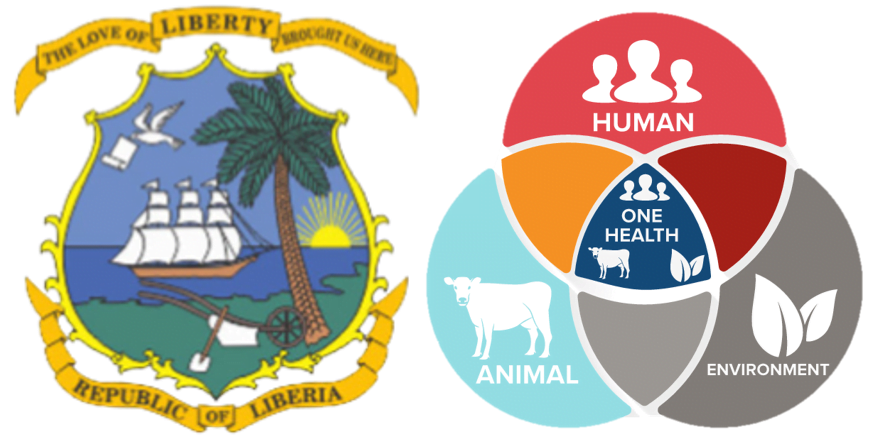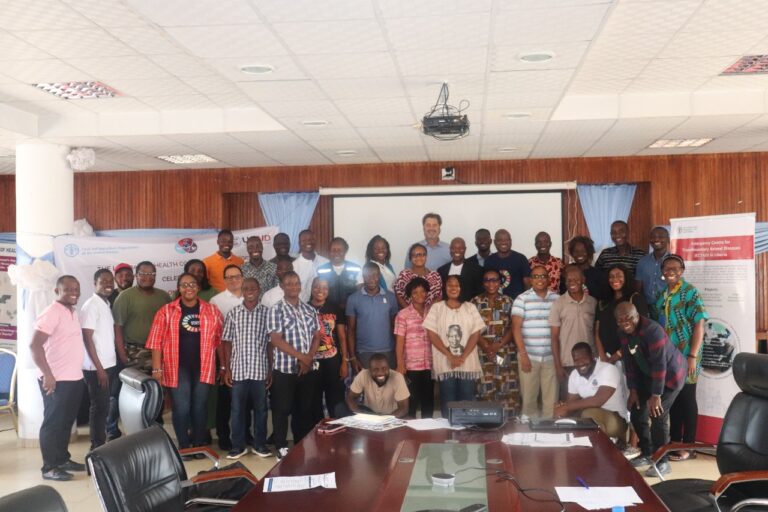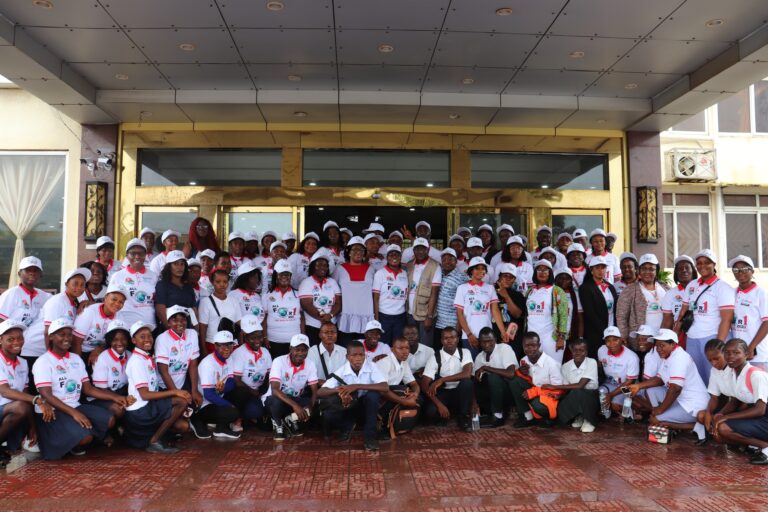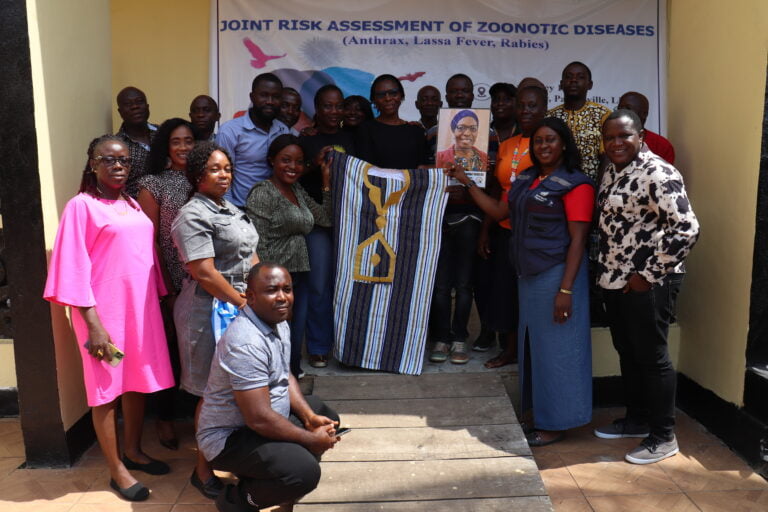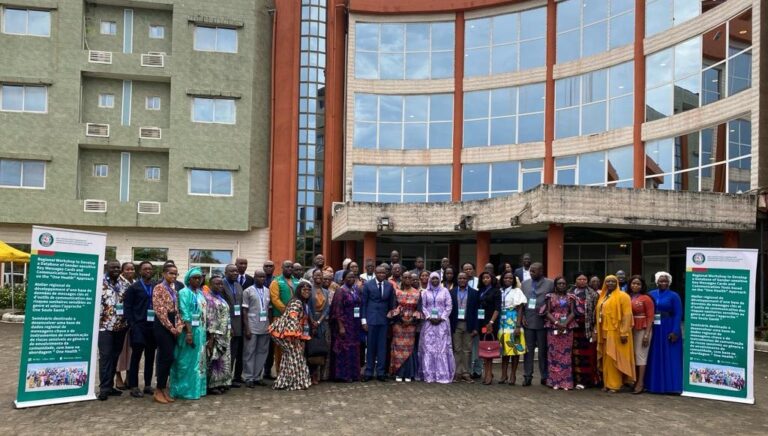Liberia on Alert as WHO Declares Mpox a Public Health Emergency of International Concern
The National Public Health Institute of Liberia (NPHIL) has issued a public alert following the World Health Organization’s (WHO) declaration of the Monkeypox virus (Mpox) outbreak as a Public Health Emergency of International Concern (PHEIC). This declaration highlights the gravity of the ongoing outbreak in multiple African countries, with significant concerns in Central and West Africa.
Since the beginning of 2024, Liberia has recorded 48 suspected cases of Mpox across three counties, with five cases confirmed by the National Public Health Reference Laboratory of NPHIL. All confirmed cases, including a 13-year-old girl, have been treated and discharged. Currently, there are no confirmed cases in Liberia, but surveillance efforts have been intensified. On the African continent, five new countries – Burundi, Kenya, Rwanda, Côte d’Ivoire, and Uganda – have reported Mpox cases, bringing the total number of affected countries to 15. The Democratic Republic of Congo has recorded the highest number of fatalities, with eight deaths, followed by South Africa with three, and Cameroon with two.
Mpox, caused by the Monkeypox virus, is related to the smallpox virus. It spreads through direct skin-to-skin contact, sexual contact with bodily fluids or lesions found around the anus, rectum, or vagina from an infected person, and through respiratory secretions. Symptoms of the virus include fever, chills, headaches, swollen lymph nodes, and muscle aches, among others.
In response to the rapid spread of Mpox and its potential impact, NPHIL has announced plans to intensify its surveillance efforts and strengthen its outbreak preparedness. The institute will collaborate with the Ministry of Health to activate specific response mechanisms to prevent further transmission of the virus within Liberia.
In a statement, NPHIL’s Director-General, Dr. Dougbeh Chris Nyan, urged the public to remain watchful and take necessary precautions to prevent the spread of Mpox. Preventive measures include regular handwashing, avoiding close contact or sexual relations with individuals exhibiting symptoms, and minimizing contact with animals.
“Public health is our top priority, and we must work together to contain this outbreak. Anyone experiencing or observing symptoms associated with Mpox is strongly advised to report to the nearest medical facility immediately,” Dr. Nyan emphasized.
As Liberia ramps up its response, the public is reminded that early detection and adherence to preventive measures are crucial in controlling the spread of Mpox and safeguarding the health of the nation.
